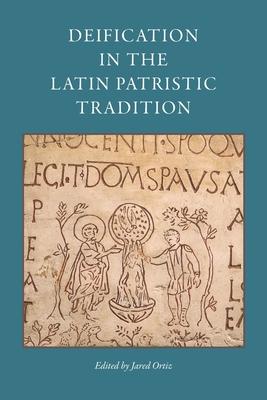It has become a commonplace to say that the Latin Fathers did not really hold a doctrine of deification. Indeed, it is often asserted that Western theologians have neglected this teaching, that their occasional references to it are borrowed from the Greeks, and that the Latins have generally reduced the rich biblical and Greek Patristic understanding of salvation to a narrow view of redemption. The essays in this volume challenge this common interpretation by exploring, often for the first time, the role this doctrine plays in a range of Latin Patristic authors.
The introductory essay on the Latin liturgy shows the wide-ranging use of deification themes in Latin worship, while the last one comparing the Greek and Latin Fathers provides the first serious study of the East and West's understanding of deification in light of substantial evidence. The essays in between explore the theology of deification in Perpetua and Felicity, Tertullian, Cyprian, Novatian, Hilary, Ambrose, Jerome, Augustine, Peter Chrysologus, Leo the Great, Boethius, Benedict and Gregory. Together, these essays demonstrate that deification is a native part of early Latin theology which was consistently and creatively employed.
This volume on deification in the Latin Patristic tradition will be the beginning of a long-overdue conversation. It promises to stimulate further inquiry into the place deification holds in the grammar of Latin Patristic thought and its relation to the Greek tradition.
